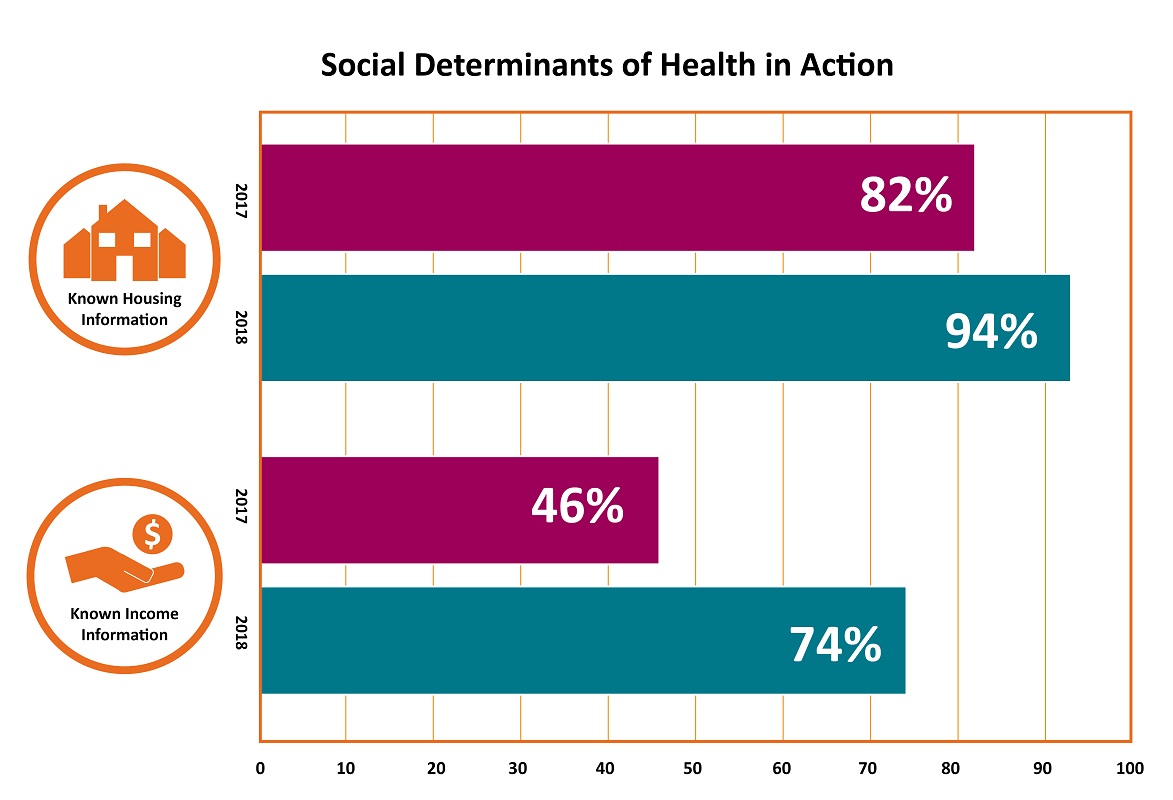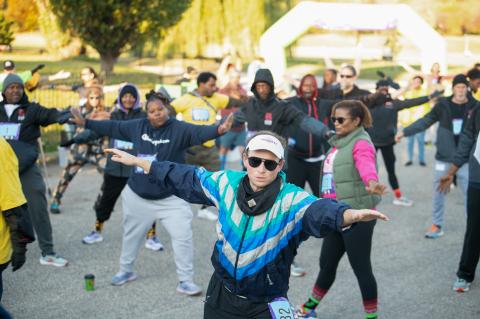
Yes, but can you prove it?
Public grants guru Margaret Flanagan on how data save lives
Q: You always hear that data is king. Why are good data important in our efforts to end homelessness?
We see homelessness every day—whether it’s in our clinics, driving to work or simply walking through the city. But to get people to invest in tackling the problem, we have to prove it exists with facts and numbers.
Q: What are the challenges around getting data on homelessness?
Simply quantifying people who are experiencing homelessness is difficult. The Point-in-Time Count, for instance, is a federal survey done by volunteers, who hand count people in shelters and public spaces during a single night in the winter. There are so many reasons why the result is not a reliable number. For instance, volunteers are not permitted to go into abandoned buildings during the count. It’s a good effort, but it will drastically undercount homelessness every time. Many other public sources are just as inaccurate.
Q: What are we doing now to improve data?
A few years ago, we started asking our clients about their lives outside our clinic walls, like their income and their access to food, health care and other necessities. Thanks to what we call Social Determinants of Health data, we can say, “Look, here’s the proof. Here’s the need.” Those numbers are having a powerful effect on how people and government agencies respond to homelessness.
Q: What have the data taught us about our clients?
We only had housing data on 82% of clients. Now, we know the housing situation for 94% of our clients. We also got income information for almost twice as many of our clients. What we’ve learned is that the people we serve are very low income—living 100% below the poverty line. That shows beyond a shadow of a doubt there is a huge need for our services.

More Recent News
At our annual staff holiday party, we take time to recognize and celebrate staff members who best represent our Core Values, as well as one recipient of the Von Bradshaw Award, named after Delvonia "Von" Bradshaw, who passed away in 2024 and truly held the principles of Health Care for the Homeless to heart. Please congratulate your colleagues when you see them!
Those of us in the Health Care for the Homeless community share a belief in something powerful: that everyone should have a place to call home.
Hope for that vision isn’t passive. It’s something that clients, staff and community supporters make possible together.
With SNAP benefits in Maryland facing uncertainty, many families are wondering how they’ll put food on the table. Here are ways Health Care for the Homeless is helping, as well as a list of local food assistance resources.
On Saturday, November 1, more than 300 runners, walkers, friends and volunteers gathered in Patterson Park for the 2025 Rock Your Socks 5K. Read all about this year's awesome event!




